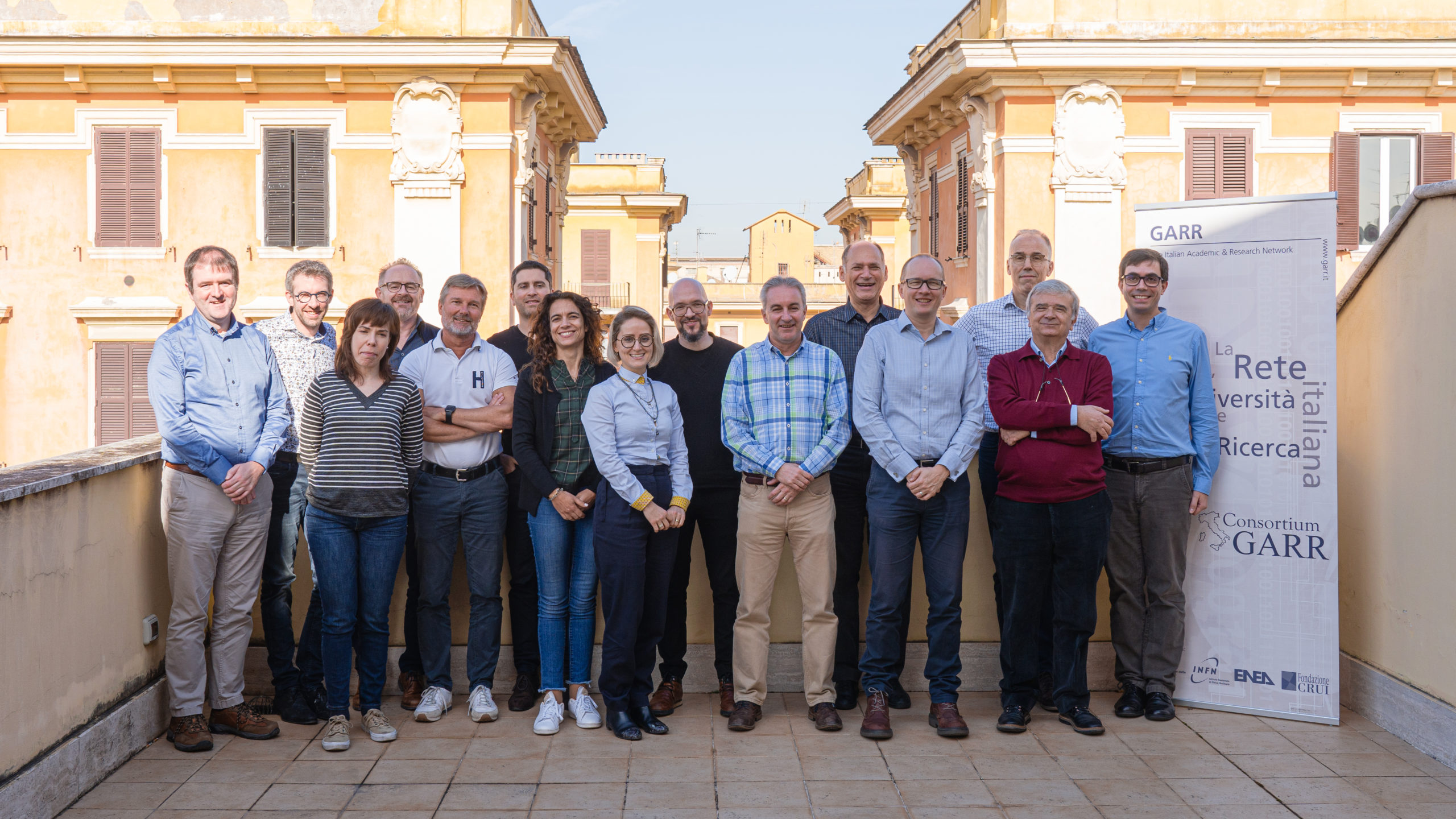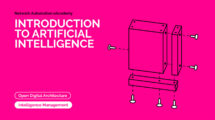At the 3rd NIAC (Network Infrastructure Advisory Committee) meeting in Rome of 11-12th February, the current status of the GN4-3N project was presented including the latest iteration of the network reference design. This reference design is used to determine the connectivity and phasing of the new fibre services across Europe and is updated to reflect planned availability and predicted costings.
As part of this meeting, the procurement of 14 fibre routes in Western Europe and the Iberian Peninsula were endorsed and this will be used by the Oversight Committee to review final procurements. The network design process will now focus on Northern Europe (Phase 3 – Amsterdam, Hamburg, Poznan and Prague) and the Baltic region (Phase 4 – Hamburg, Helsinki, Riga, Kaunas (Lithuania), and Poznan) .
In addition, more than 40 connectivity providers have been added to the new Dynamic Purchasing System (DPS) which is being used to support short-term managed capacity requirements and the procurement of the Iberian Peninsula Dark Fibre routes. To support the deployment of the Iberian Peninsula, procurement of new co-location sites in Bilbao and Porto are also progressing to ensure delivery of this element of the network can proceed without delay.
All-in-all, this very positive meeting reflects the excellent progress the team is making on delivering cost-effective network solutions to help position the new GÉANT network as a future-proof solution for the growing Research and Education networking needs.

What is GN4-3N?
The GN4 Phase 3 Network (GN4-3N) project will involve restructuring the GÉANT backbone network through exploration and procurement of long-term Indefeasible Rights of Use (IRUs), leased lines and associated equipment, serving the GÉANT partner NRENs and providing interconnectivity to the global research and education community.
A market study was undertaken on availability and pricing for connections that are either fibre, spectrum on fibre, or (multiple) 100 Gbps connections, and the work will substantially increase the number of fibre-connected countries to provide a more-level network experience for all partners. This will also enable higher minimum-capacity thresholds, ease of access to clouds and other services, and the highest levels of security.
Building the network based on long-term fibre leases creates a stable, yet flexible, infrastructure. The Open Line System provides a similarly stable layer on top of that infrastructure so that the technological evolutions in transponder technology can be easily and affordably integrated. This creates a more future-proof environment.
Through this proposed work, the GÉANT Association, together with its National Research and Education Network (NREN) partners will provide future-proof capacity and enhanced service capability to support the planned and anticipated growth in demand across Europe.







